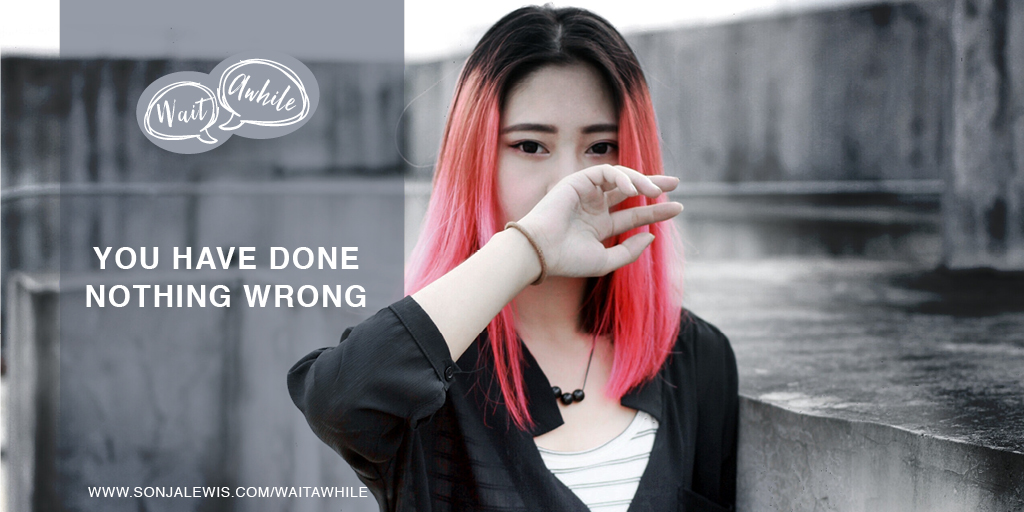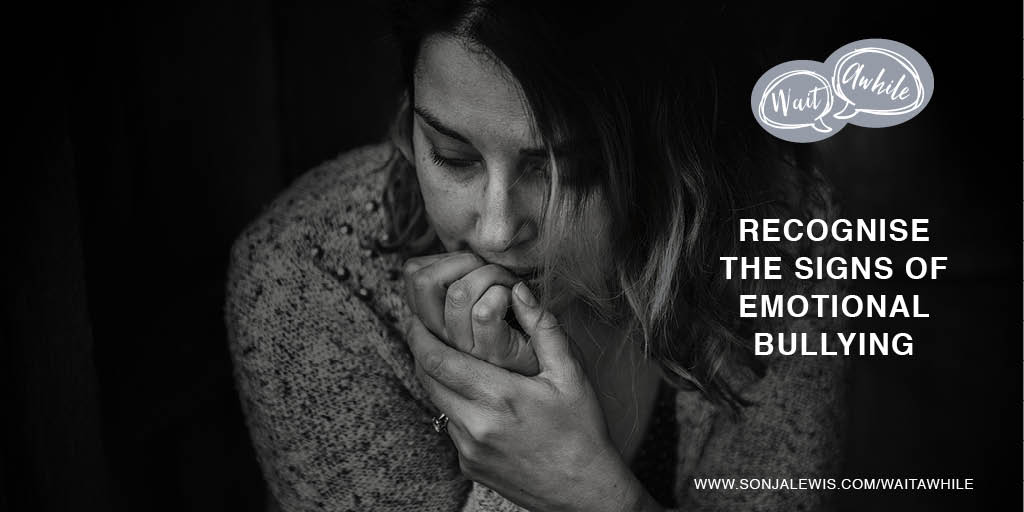Tuning Into Your Thoughts For A Good News Story
After more years than I care to admit to, I finally made the connection between food and physical health, though it took a few intolerances to convince me. Yet I still haven’t quite gotten my head around food for mental and emotional health, which has more to do with thinking than anything else. Of course, real food can muddle the mind, too.
But let’s face it, our thoughts do play a major role in our emotional and mental health. One article that I read years ago puts it like this: thoughts are stories that we tell ourselves or that someone else tells us about ourselves.
That’s all good as long as the stories are all good. But when it comes to emotional abuse, the stories can cause health hazards, even if they appear to be good stories. Radio personality, Jillian ‘JJ’ Simmons, guest in our latest podcast, On Emotional Bullying, says that sometimes emotional abuse masquerades as love. When her emotionally abusive boyfriend would often ask her to stay home, preventing her from going out and seeing friends and loved ones, she told herself his request had to do with love. Although he wasn’t going to be at home with her, he would tell her that he wanted her to be the first person he saw when he returned.
In a healthy mind, this logic breaks down rather quickly but in a mind that is under the spell of emotional abuse, it makes perfect sense, even if it is telling a bad news story. I can relate. Though I can’t say I have had a similar experience, I have had tricky situations that have consistently caused me emotional unrest, leading to wear and tear on my self-esteem and keeping a negative story alive. This stuff is not in your face but it is in your mind, even if you can’t see it.
JJ points out that you have to be on your guard and recognise emotional abuse for what it is. Name calling, taunting, controlling and so on all fit the bill. One of her hot tips for self-protection is to take care of yourself at the core. This means working on your self-esteem and ultimately knowing who are. In addition, she says it is important to watch what you feed your mind. Easier said than done, right.
Actually, it is as simple or as complex as watching what you feed your body. As much as I love croissants and cinnamon rolls and the list keeps going with pastries, I have been gluten intolerant for years now. Admittedly, the first year or so I would remove all gluten from my diet for about three months at a time, most of the time before a holiday, and then on holiday I would eat whatever I jolly well pleased and pay for it later.
Though the physical discomfort would come, it was tolerable and then one day, it just wasn’t anymore. So now I don’t focus on the foods that I used to love, regardless of consequences, I focus on the ones that love me sincerely. And you know what, I am healthier and happier for it.
As for my food for my thoughts, I’m getting there. Key to my journey is tuning into the narrative that I am feeding my mind directly or indirectly and also recognising what really is emotional bullying and what is not. Of course, there are healthy disagreements and different ways of life between friends, acquaintances and family members that call for healthy resolutions. That’s a fact of life.
For more hot tips and tools on how to protect yourself against emotional bullying, listen to On Emotional Bullying with JJ Simmons on our website, iTunes, Soundcloud or wherever you listen to podcasts. Meanwhile, tune into your thoughts to ensure your own good news story.





